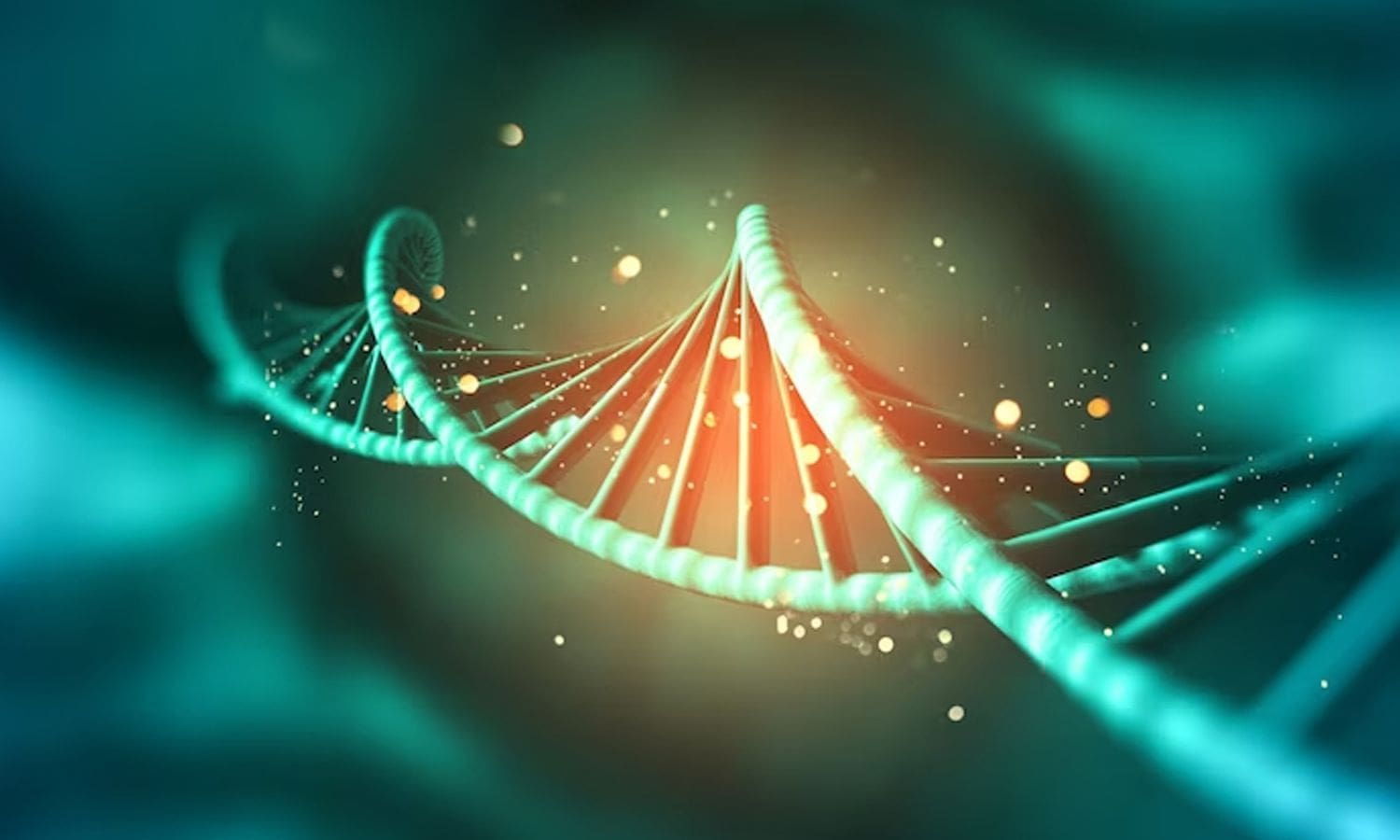Helio Genomics Collaborates With University: Helio Genomics, a leading biotechnology company, has recently joined forces with the University of California, Irvine to revolutionize early cancer detection through the use of epigenetic sequencing.
This groundbreaking collaboration aims to enhance the accuracy and efficiency of diagnosing cancer in its earliest stages, offering immense potential for saving lives.
By integrating cutting-edge technology and research, Helio Genomics and UC Irvine are poised to make significant advancements in non-invasive cancer detection, providing a promising future for patients and healthcare professionals alike.
Key Takeaways Of Helio Genomics Collaborates With University
- Helio Genomics collaborates with the University of California, Irvine to enhance early cancer detection through epigenetic sequencing.
- The partnership combines expertise in genomic diagnostics and computational biomedicine.
- The research study aims to detect colorectal cancer using Multimodal Epigenetic Sequencing Analysis (MESA).
- The integration of epigenetic features in MESA improves accuracy and patient outcomes in cancer diagnostics.


Also Read: Biden Administration Quiet Opposition to UC’s Undocumented Hiring Plan
Breakthrough Diagnostics Technology
Helio Genomics introduces a novel breakthrough diagnostics technology for early cancer detection through its Multimodal Epigenetic Sequencing Analysis (MESA) approach. MESA combines multiple cutting-edge sequencing techniques with advanced AI algorithms to analyze epigenetic modifications in cancer cells.
This approach allows for the identification of specific epigenetic markers that are indicative of various types of cancer. By detecting these markers, MESA can provide early and accurate diagnosis, enabling timely intervention and potentially improving patient outcomes.
This groundbreaking technology offers several advantages over traditional cancer diagnostic methods, including higher sensitivity and specificity, as well as the ability to detect cancer at its earliest stages.
With its ability to analyze large amounts of genomic data rapidly and accurately, MESA has the potential to revolutionize cancer diagnostics and improve the overall management of this devastating disease.
Collaboration and Research Study
The collaborative research study between Helio Genomics and the University of California, Irvine aims to enhance early cancer detection through the utilization of epigenetic sequencing. This partnership brings together the expertise of Helio Genomics in genomic diagnostics and the Division of Computational Biomedicine at UC Irvine.
By combining their resources and knowledge, the researchers hope to develop a novel approach to detecting colorectal cancer using a technique called Multimodal Epigenetic Sequencing Analysis (MESA). This innovative method involves analyzing cell-free DNA to identify epigenetic changes associated with cancer.
The study, published in Genome Medicine, has the potential to revolutionize cancer diagnostics by providing a non-invasive and highly sensitive method for early detection.
The collaboration between Helio Genomics and UC Irvine highlights the importance of interdisciplinary research in advancing medical science and improving patient outcomes.


Key Findings and Advantages of MESA
The key findings and advantages of MESA were demonstrated in a collaborative research study between Helio Genomics and the University of California, Irvine. The study revealed the following benefits and insights:
- MESA combines cfDNA methylation features and nucleosome organization information, allowing for a comprehensive analysis in a single assay.
- MESA outperforms traditional methods in colorectal cancer detection, providing enhanced accuracy.
- By integrating multiple epigenetic features, MESA improves the ability to detect early-stage cancer, enabling earlier intervention and potentially improving patient outcomes.
- The study demonstrated MESA’s potential as a non-invasive, cost-effective, and efficient tool for early cancer detection.
- MESA holds promise for the development of personalized approaches to cancer screening and management, contributing to the advancement of precision medicine.
These findings highlight the significant advantages of MESA in improving early cancer detection and its potential impact on patient care.
Integrating Epigenetic Features for Superior Models
By integrating multiple epigenetic features, MESA enhances early cancer detection and enables the development of superior models. The integration of cfDNA methylation, nucleosome occupancy, nucleosome fuzziness, and a window protection score allows for a more comprehensive understanding of the epigenetic changes associated with cancer.
This approach surpasses models that rely on a single modality, such as cfDNA methylation alone. The study’s findings demonstrate the superior accuracy of MESA in detecting colorectal, liver, and pancreatic cancers.
This advancement in early cancer detection has significant implications for improving patient outcomes and reducing mortality rates. The U.S. and international patent applications further emphasize the novelty and potential impact of integrating multiple epigenetic features in the development of superior cancer detection models.
Implications for Non-invasive Cancer Detection
Collaboratively, Helio Genomics and the University of California, Irvine are pioneering advancements in non-invasive cancer detection through epigenetic sequencing. This groundbreaking research has significant implications for the field of cancer detection, offering promising prospects for early diagnosis and improved patient outcomes.
The implications for non-invasive cancer detection include:
- Enhanced accuracy: Epigenetic sequencing allows for the identification of specific DNA methylation patterns associated with different types of cancers, leading to more accurate detection and classification.
- Early disease detection: By analyzing cell-free DNA (cfDNA) from blood samples, non-invasive testing can detect cancer at an earlier stage, when treatment options are more effective.
- Reduced invasiveness: Non-invasive testing eliminates the need for invasive procedures such as biopsies, reducing patient discomfort and potential complications.
- User-friendly diagnostics: Epigenetic sequencing offers the potential for user-friendly diagnostic tests that are easy to administer and interpret.
- Personalized medicine: Non-invasive cancer detection through epigenetic sequencing opens the door to personalized treatment approaches based on individual genomic profiles.
These advancements represent a significant step forward in the fight against cancer, offering hope for improved early detection and personalized treatment strategies.


Conclusion Of Helio Genomics Collaborates With University
The collaboration between Helio Genomics and the University of California, Irvine holds great promise for enhancing early cancer detection through the use of epigenetic sequencing.
The breakthrough diagnostics technology and the integration of epigenetic features have shown significant advantages in non-invasive cancer detection.
This research study paves the way for future advancements in the field, offering hope for improved outcomes and better prognosis for cancer patients.

